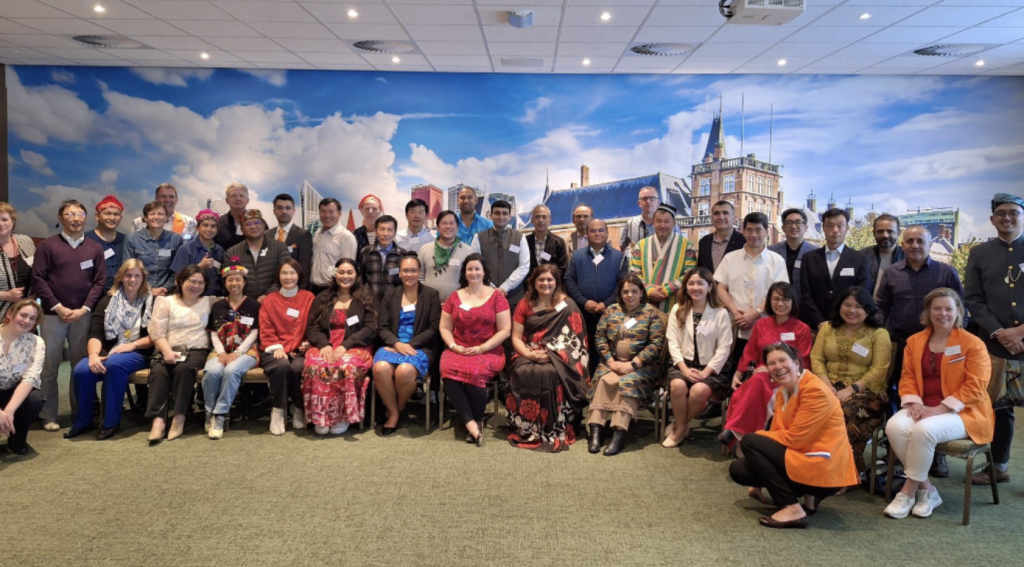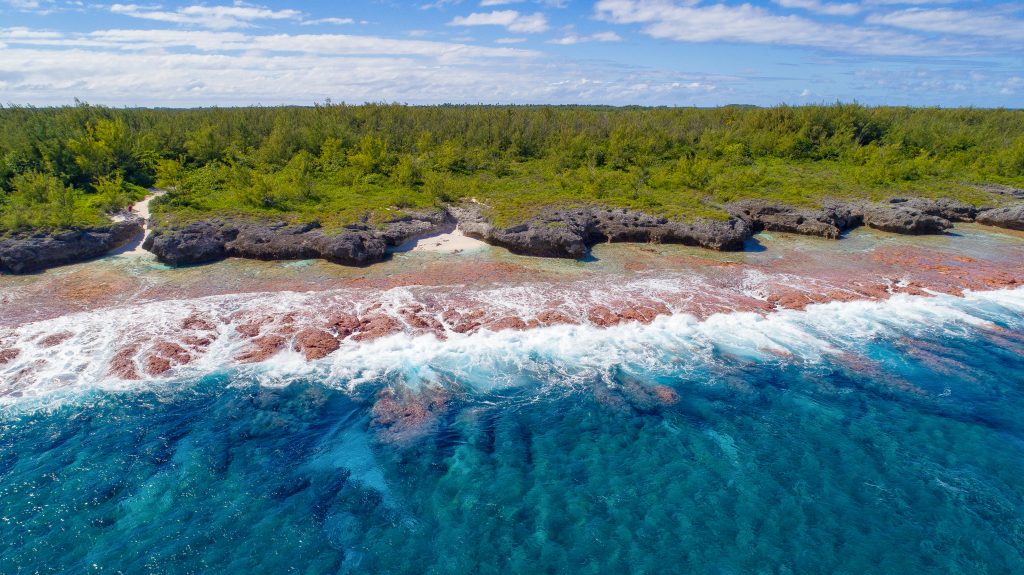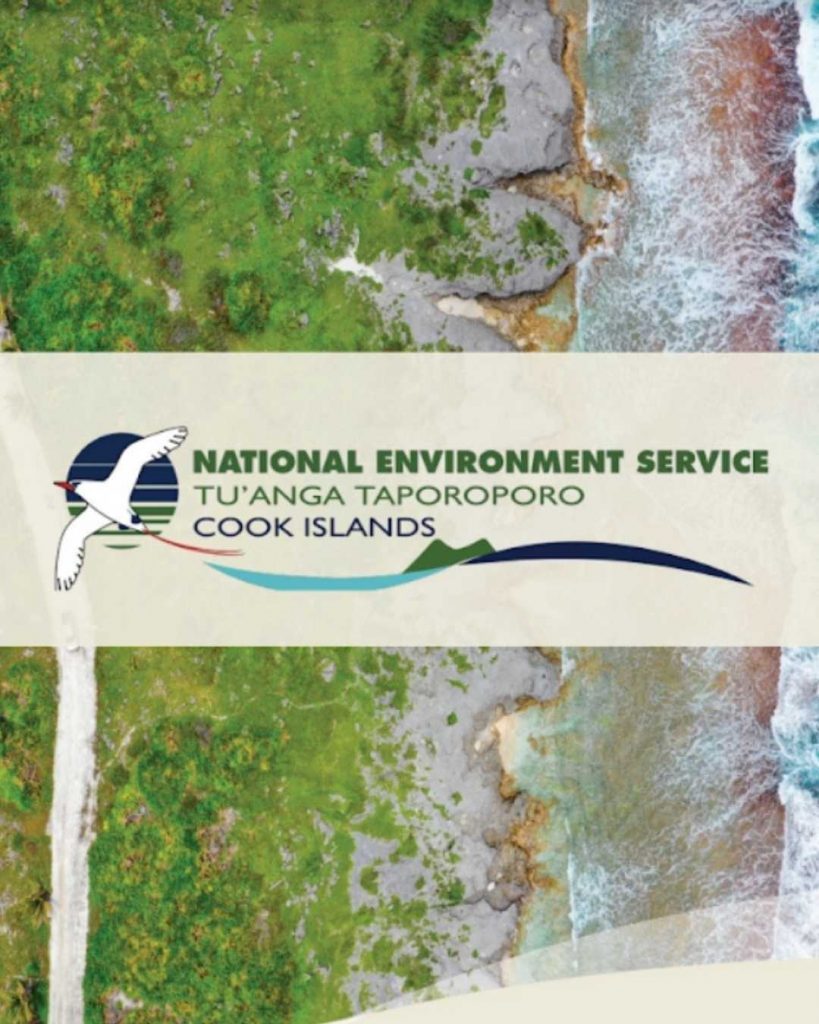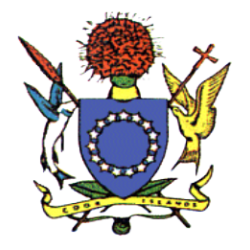A small delegation from the Cook Islands made up of NES Compliance Officer Eva Patai, the Ministry of Finance and Economic Management (MFEM) Director Angelia Williams Tangapiri and To Tatou Vai (TTV) Tama Heather attended the 2024 Asia-Netherlands Water Learning week in the Netherlands last month.
The week consisted of knowledge sharing between 12 countries ranging from Asia to the Pacific on the overarching theme of Nature Based Solutions (NBS) and water management. Nature Based Solutions offer vital remedies for pressing water security challenges intensified by climate change and urbanization. This learning week focused on blending NBS with green-grey elements and hybrid solutions, which are created to leverage the benefits of biodiversity, ecosystem services, and traditional engineering.
This synergy allows for capitalisation on the adaptability and sustainability of NBS alongside the reliability and efficiency of green-grey infrastructure, fostering more resilient and environmentally conscious solutions to complex challenges. It has been known for some time that in Rarotonga there are concerns about the environmental state of water resources in the area of Muri where a concentration of tourist accomodations are located. In particular, lagoons and groundwater show signs of distress, caused by pollution from increasing population densities and other development pressures.
Protecting and restoring a high-quality of marine and terrestrial environments is key to achieving our national sustainable development goals. The challenge is often how to balance economic development with social and environmental targets. To eliminate possible contamination into the surrounding ground, a new reticulated wastewater management system is proposed for Muri and continues to be explored.
The Cook Islands delegation went to the Netherlands water learning week with the intention of finding out whether there were any alternative NBS that could be applied to this specific area prior to the grey infrastructure and costly reticulated system. If feasible solutions are found, potential to use NBS for environmental and public health as well as sustainable tourism would be favoured as an integrated solutions approach to typical development standards.







